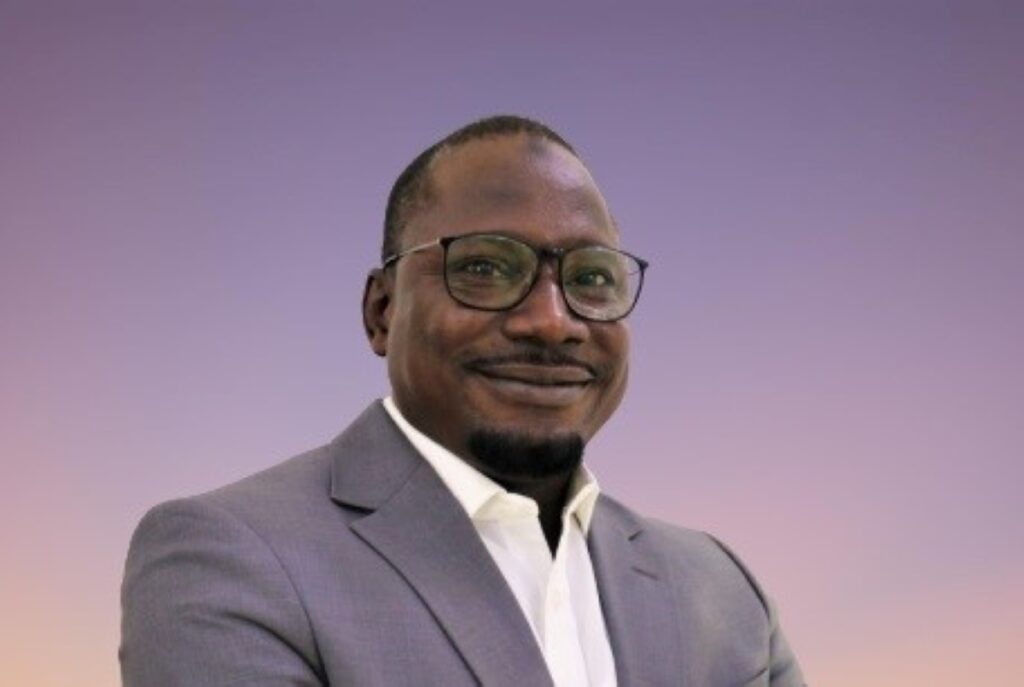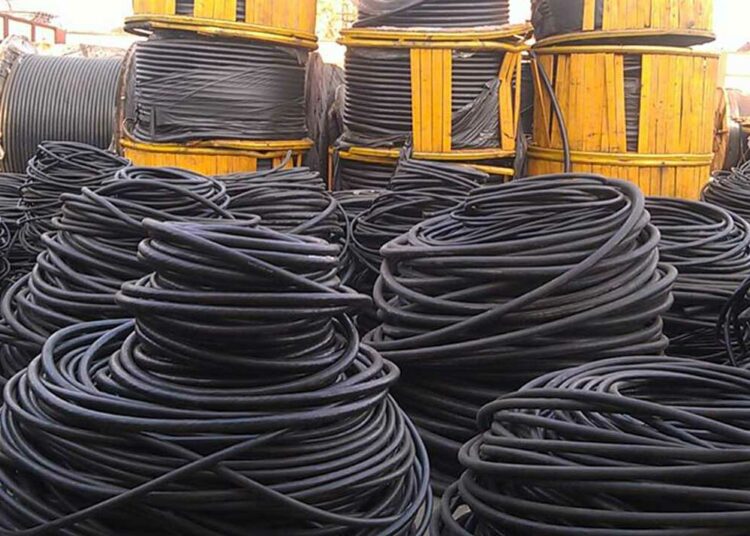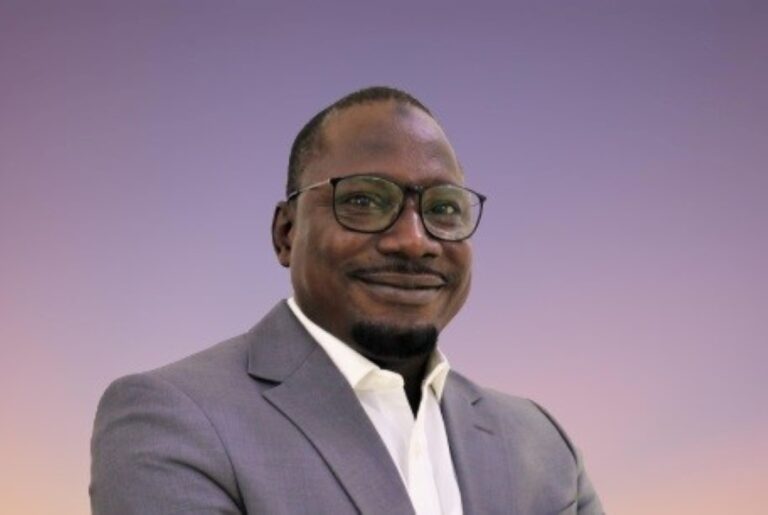
The Rural Electrification Agency on Monday signed multiple Memoranda of Understanding with key institutions and private sector players, targeting over N500bn in private-sector-led investments and significant infrastructure deployments across underserved communities.
The event, themed “Strengthening Partnership for Sustainable Energy Access and Socio-Economic Development”, took place in Abuja, gathering stakeholders from the security, agriculture, correctional services, banking, and clean energy sectors.
Addressing participants, REA’s Managing Director, Abba Aliyu, declared that MOUs signed by the agency are not ceremonial paperwork but practical roadmaps for delivering measurable results.
“I would like to start by stating clearly on record that this is not the first time that the Rural Electrification Agency has signed MOUs. And the question that the Nigerian public should ask the Rural Electrification Agency is, what about the previous MOUs that we have signed? What came out of them? Oftentimes, we have seen that within the public institution or even the private sector, a lot of MOUs will be signed, and at the end of the day, nothing comes out of it.
“But in the case of Rural Electrification Agency, it is a different ballgame. We sign MOUs as a way to create a structured approach to how we are going to deal with certain elements of our work and, at the same time, create synergy between the Rural Electrification Agency and other stakeholders. And I would like to use this opportunity to give an account of what happens to the previous MOUs that we have signed,” he said.
Aliyu announced past MOU outcomes, including “Deployment of four smart police stations in collaboration with the Police Trust Fund. Delivery of a renewable energy testing and simulation centre with Chinese tech giant Huawei, Mobilisation of N100bn private sector debt funding via First City Monument Bank for renewable energy service companies,
“An additional $20m concessional debt from the International Finance Corporation, accessed by four RESCOs, Creation of the NextGen programme, which trains and guarantees employment for 131 Nigerian youths in the renewable energy sector.
We also, through our partners, the Barton-Damon, are going to change the narrative of financing of renewable energy in the country today. Through that MOU, we would demonstrate that commercial funding, not necessarily the federal government’s public funding, can be catalyzed to deploy infrastructure across the country.
“Our target in the first instance is to catalyse N500bn in three phases of commercial funding that would be utilised to continue to deploy this renewable infrastructure across the country.”
He added that REA’s state-level engagements have birthed MOUs with 13 sub-national governments, catalysing the construction of 200 mini-grids nationwide.
“And lastly, we have been having state-by-state roundtables, and at the end of each roundtable, we signed an MOU with different sub-nationals. As of today, we have signed 13 sub-nationals. And based on those MOUs that we signed with these 13 sub-nationals, we have catalysed the deployment of about 200 mini-grids that are currently being constructed in these 13 sub-nationals with which we signed these MOUs.
“With these partnerships, we are not just deploying infrastructure, we are building sustainability, synergy, and long-term financing models,” Aliyu noted.
One of the centre-pieces of the event was the formalisation of a partnership with the Nigeria Correctional Service, which will see the deployment of mini-grids and clean energy systems in custodial centres nationwide, beginning with the service’s headquarters in Abuja.
“Communities in incarceration are often neglected. With this partnership, REA has brought life and light to over 81,000 inmates across Nigeria,” said Controller-General of Corrections, Sylvester Nwakuche.
“This is more than power, it’s about rehabilitation, vocational empowerment, and second chances,” he added.
He also noted that some inmates had already received the news of the partnership and were excited about the new opportunities it would bring, especially regarding education and empowerment upon release.
“We invite those who bring light to also bring life. Today, we are not just empowering infrastructure; we are empowering lives. Some of them heard we are coming to bring them not just power but something that will help and empower them even after they leave custody,” he said.
Aliyu added that the agency has unveiled plans to work with Galaxy Backbone to align deployments of internet and electricity infrastructure in educational institutions, an approach the MD described as “cost-saving and optimally efficient.”
In his remarks, Executive Director, Technical Services, Umar Umar, noted that the REA currently has over 160 megawatts of solar capacity deployed, electrifying 1,650 communities, powering 1,000 healthcare centres, and reaching over six million Nigerians.
“Rural electrification is not just a power challenge, it’s a development imperative. It impacts education, health, agriculture, security, and economic productivity,” he said.
Also speaking, Managing Director of NIRSAL Plc, Sa’ad Hamidu, said the partnership with REA is aimed at boosting agricultural productivity by energising agribusiness clusters with clean power and facilitating credit risk guarantees for vendors and SMEs in the rural economy.
SOURCE: PUNCH NEWSPAPER




